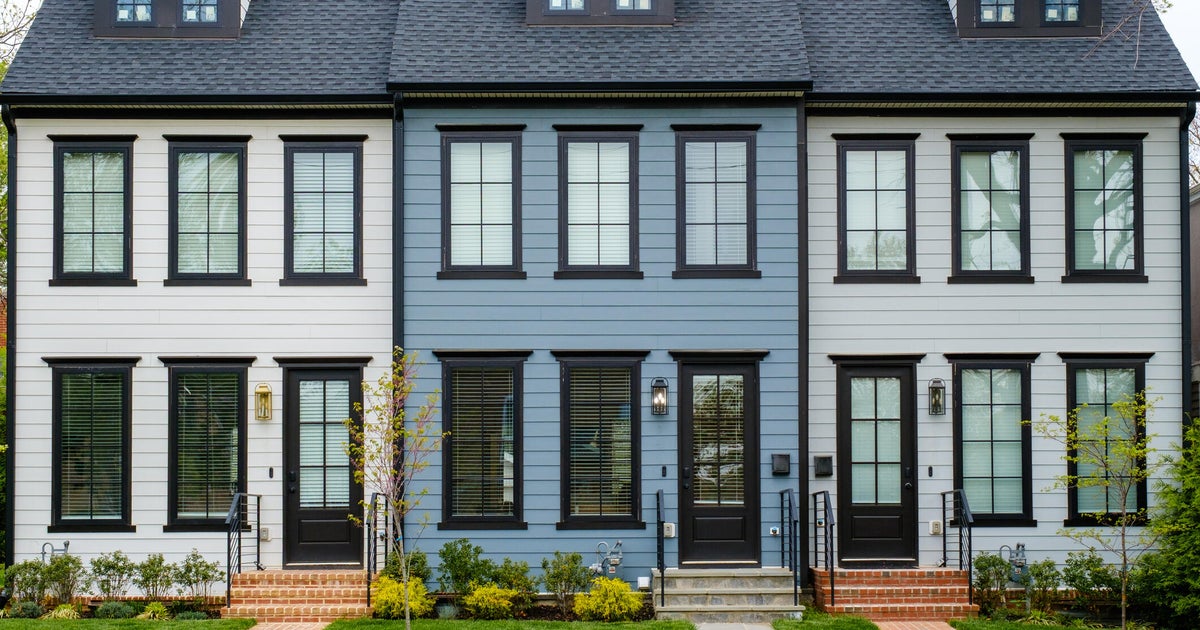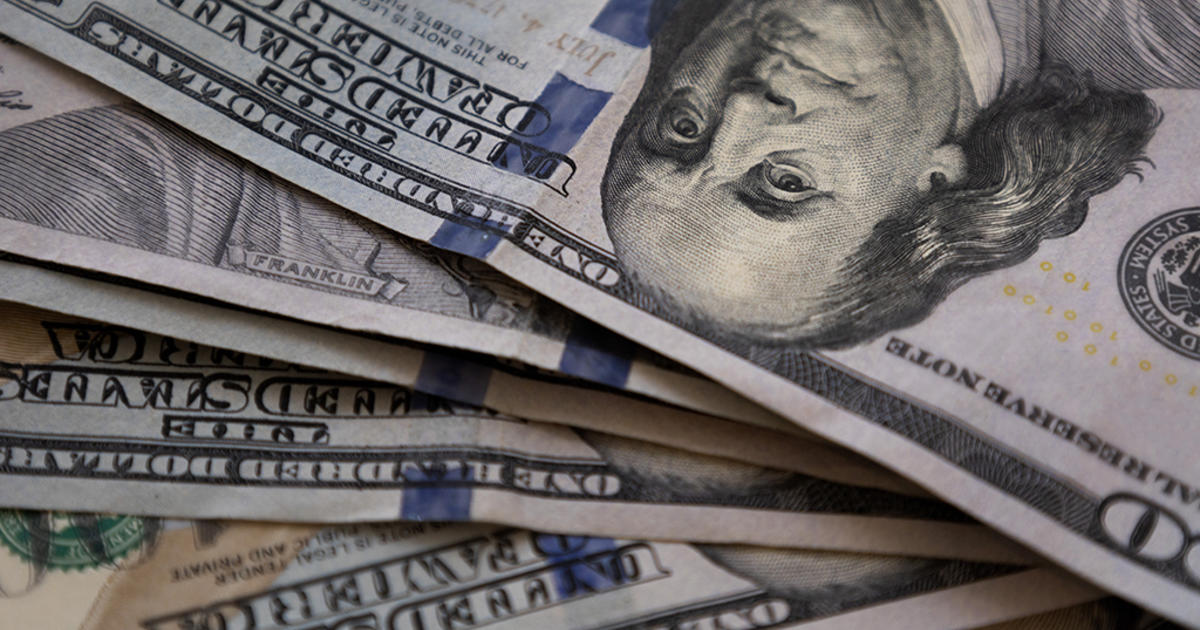Mortgage refinancing benefits every homeowner should know
With mortgage rates rising to levels last seen in 2008, you may be wondering if it still makes sense to refinance your home loan.
The short answer is: it depends on your personal situation. There are still circumstances where it may make sense.
When you refinance, you take out a brand-new mortgage. That loan is used to pay off your current mortgage, ideally replacing it with better terms for your long- or short-term goals.
You won't be alone if you decide to refinance. In mid-September, refinanced loans accounted for almost one-third of all mortgages, according to a recent weekly survey from the Mortgage Bankers Association.
If you think your initial mortgage rate was too high - or simply want to explore how much money you could save with a mortgage refinance - reach out to a professional who can assist you today.
What are the benefits of refinancing my mortgage?
Here are some major benefits of refinancing your mortgage:
- A lower interest rate. If you can cut your current mortgage's interest rate by at least 0.75%, the savings over time can outweigh the fees and closing costs, especially if you plan to stay in your home long-term. Do the math.
- Pay off your loan sooner. If you can cut the number of years left on your loan, it can save you thousands in interest costs (even tens of thousands).
- Favorable rates for borrowing versus other kinds of loans or credit. If your home's value has climbed since you purchased the property, a cash-out loan even at current rates is likely less expensive than a personal loan and will be far less expensive than using a credit card.
- Your mortgage has an adjustable interest rate (ARM). Under an ARM your rate can rise and fall. A fixed-rate mortgage means the interest rate is set for the life of the loan. Refinancing to obtain a fixed rate will give you a set monthly payment.
- You may be able to eliminate private mortgage insurance (PMI). Many lenders require PMI for borrowers that can't afford at least a 20% down payment for their mortgage. But if you've been in your home long enough to build that much equity (or if your home's value has increased) you may be able to refinance and have the PMI dropped from your monthly bill.
If one or more of these items sound beneficial for your personal financial situation then get started today. A mortgage refinance expert can help guide you through the process.
Other considerations to understand
A mortgage refinance isn't for everyone. Here are some other factors to understand.
- Closing fees may outweigh the benefits. The average closing costs to refinance a mortgage are about $5,000 according to Freddie Mac. You may encounter "no-cost" refinancing, but chances are the lender will just charge a higher interest rate to cover those costs, or fold them into the loan itself.
- You stay in your home for less time than it takes to recoup closing costs. It can take years to zero-out closing costs. For example, say your refinance costs are $8,000 and your mortgage payments are $200 less a month. It would take 40 months to make up the refinancing closing costs.
- You shorten the mortgage loan's length - but can't afford the monthly payment. A lower interest rate doesn't automatically mean you pay less each month. For example, a $350,000 fixed-rate mortgage after a 20% down payment at a 6.25% interest rate over 30 years would cost about $2,080 per month. If you refinance the loan with a 15-year mortgage at a 5.75% interest rate, you'll save more than $200,000 on the total loan's cost. But monthly payments will be higher because the loan's term length was reduced.
- You end up paying more in total costs. If you refinance a 30-year fixed-rate mortgage with another 30-year fixed-rate loan after several years of making payments, you'll end up paying more in total interest. That's because you've effectively extended the original loan's payoff time.
Be sure to thoroughly consider whether refinancing is right for you before moving ahead. Remember to calculate what your total payment may be in the long run as well as how much the closing costs and fees for the refi loan temper savings overall.
For qualified borrowers, it's a good idea to shop around. Compare and review at least three lenders to make sure you're getting the best deal. Use the table below to get started.
Finally, any mortgage application process can be complicated. Refinancing while interest rates are rising may make it even more so. Be sure to consult a mortgage refi professional or financial adviser to help.




